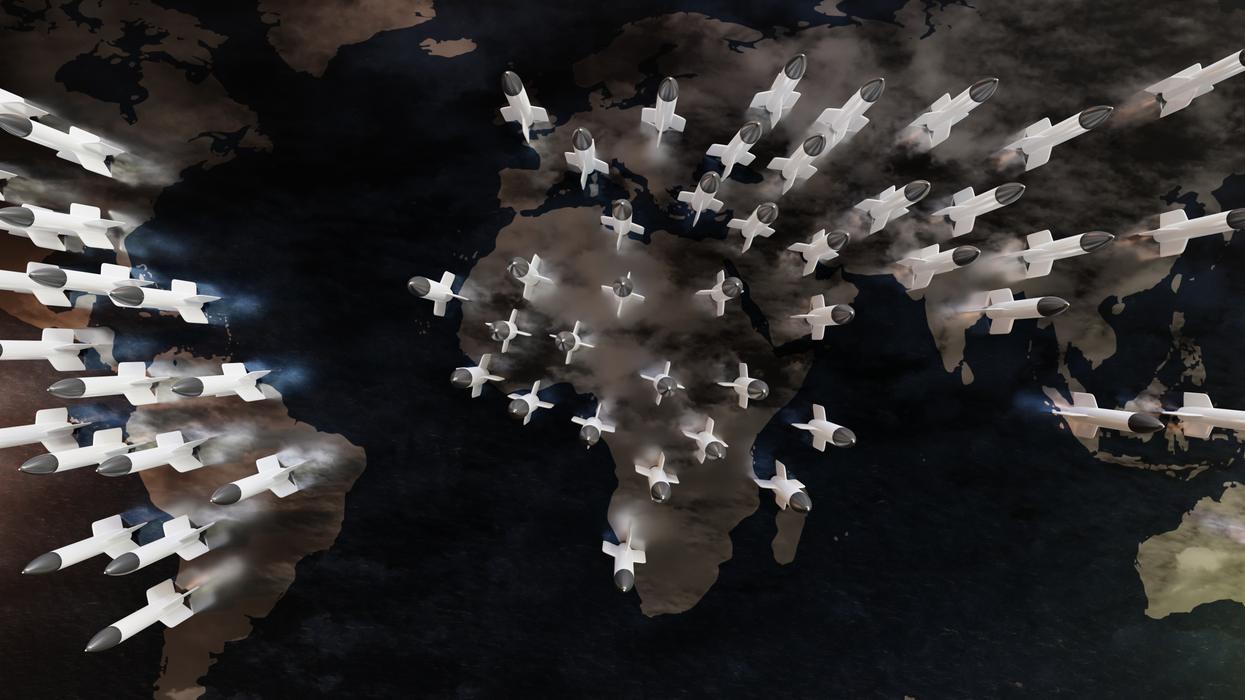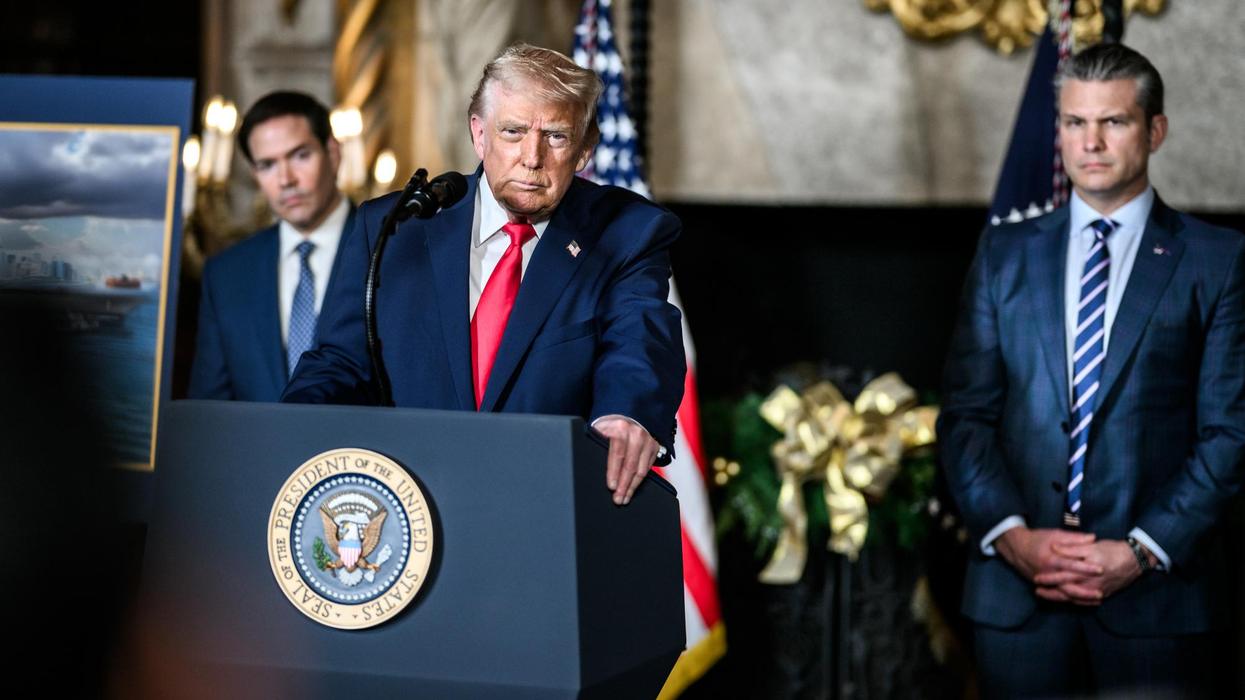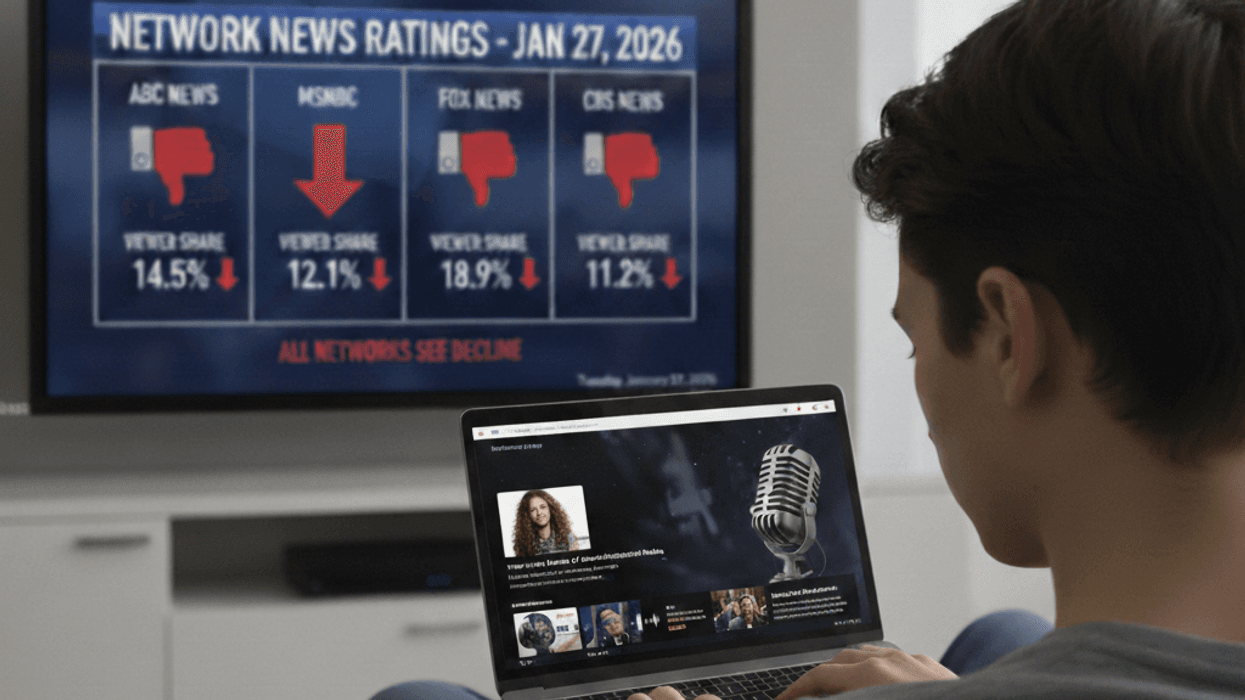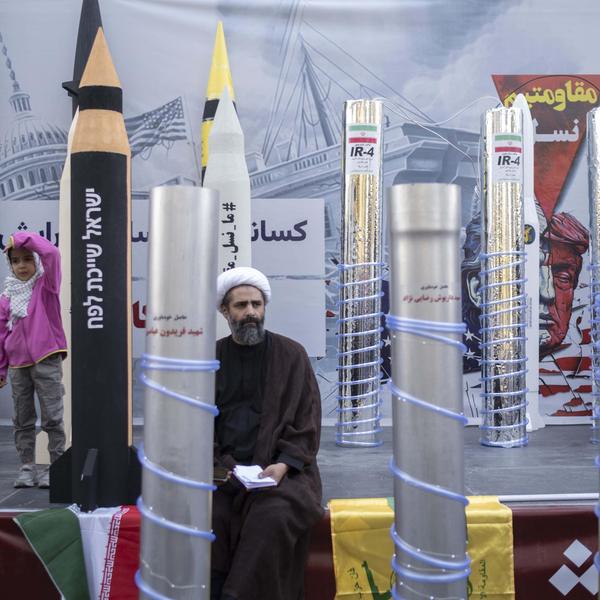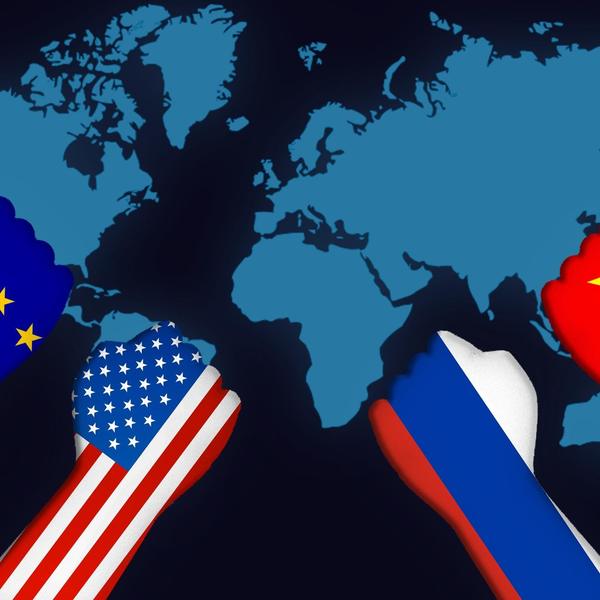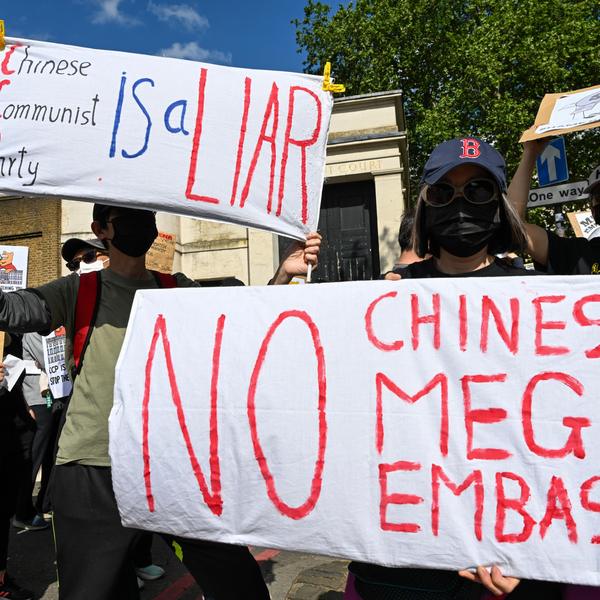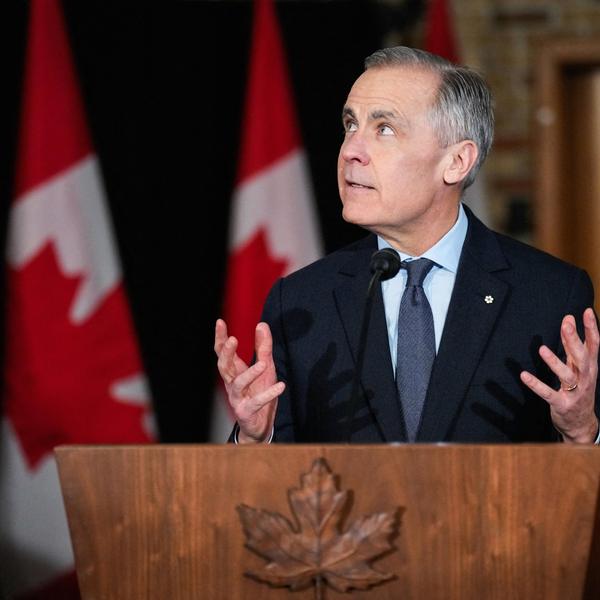President Trump’s new National Security Presidential Memorandum (NSPM) on Cuba, announced on June 30, reaffirms the policy of sanctions and hostility he articulated at the start of his first term in office. In fact, the new NSPM is almost identical to the old one.
The policy’s stated purpose is to “improve human rights, encourage the rule of law, foster free markets and free enterprise, and promote democracy” by restricting financial flows to the Cuban government. It reaffirms Trump’s support for the 1996 Cuban Liberty and Democratic Solidarity Act, which explicitly requires regime change — that Cuba become a multiparty democracy with a free market economy (among other conditions) before the U.S. embargo will be lifted.
The policy outlined in the NSPM has yet to be translated into legally binding regulations, so it’s too early to tell if restrictions on U.S. trade or travel to Cuba will tighten. But the bottom line is that Trump’s new Cuba policy is not “new” at all. It’s just the latest variation on the embargo imposed on Cuba in 1962. For the next 63 years, Washington has tried to bend the Cuban government to its will by crippling the Cuban economy, all to no avail. Cuba today is no closer to being a capitalist multiparty democracy than it was in 1962 or 1996.
As we argue in a recent Quincy Institute brief, U.S. policy toward Cuba needs a major reset, a shift toward a policy of pragmatic engagement — not as a favor to the Cuban government, but because engagement better serves the interests of the United States and the Cuban people.
Advancing U.S. interests sometimes requires setting aside old animosities and engaging with former adversaries, as President Trump has done with Syria, Russia, China, and others. The president defines his “America First” foreign policy as one that champions “core American interests” and “puts America and its interests first.” U.S. policy toward Cuba in recent years has failed that test. Sanctions have increased the risks to U.S. national security on issues that the president has identified as U.S. priorities for the Western Hemisphere: migration, narcotics trafficking, access to strategic minerals, and the rising influence of China and Russia.
Conditions in Cuba today are far different than when President Trump issued his first NSPM in 2017, so U.S. Cuba policy needs to be reconsidered. Cuba is experiencing an unprecedented economic and social crisis rooted in the government’s mismanagement of the economy, the impact of the COVID pandemic, and crippling U.S. economic sanctions. Cubans are enduring shortages of all basic necessities, deteriorating government services, and repeated electrical blackouts.
As a result. the crisis has produced the largest emigration in Cuban history—nearly a million people in the past three years, 75% of whom have come to the United States.
Cuban society is also undergoing profound social change. The legalization of private enterprises has given rise to a dynamic private sector despite restrictive government regulations. The expansion of internet access and social media has led to a more robust civil society despite government censure and intimidation.
Cuba’s crisis is rapidly raising the costs to the United States of sanctions policy by stimulating migration, opening the door to geopolitical rivals China and Russia, blocking U.S. access to Cuba’s strategic minerals, hurting U.S. relations with allies, and threatening cooperation with Cuba on issues of mutual interest, including counter-narcotics cooperation.
As internal processes of change evolve in Cuba, disengagement leaves the United States on the sidelines, unable to exercise any positive influence on the trajectory of that change.
The United States needs to take the initiative to reset U.S.-Cuban relations to safeguard U.S. interests and ease the suffering of the Cuban people. The immediate goals of a new policy should be to:
Relieve migration pressures by making immediate regulatory changes that would aid the recovery of the Cuban economy and encourage the growth of the Cuban private sector, which is among the NSPM’s stated aims. The Cuban private sector is real and growing, forming the cornerstone of a revitalized economy and civil society despite operating in an increasingly hostile business environment.
Its success is critical to the Cuban people and the Cuban economy. U.S. sanctions add another layer of obstacles for it to overcome. Tangible support requires relaxing, not tightening, restrictions on U.S. trade, investment, and financial transactions, especially with the private sector. Taken together, these measures would significantly reduce migration pressures.
Expand commercial and cultural engagement to compete with the influence of China and Russia. The United States is a natural economic partner for Cuba — a potential source of trade, tourism, and investment far beyond what Russia or China can offer. Moreover, a robust economic relationship with the United States would give Cuba an incentive to limit its military and intelligence cooperation with U.S. adversaries.
In addition, Cubans have far greater cultural affinity with the United States than with Russia or China, a comparative advantage that should be built upon by loosening, not tightening, restrictions on cultural and educational exchanges, and travel.
Reengage with the Cuban government diplomatically to advance cooperation on issues of mutual interest, reduce bilateral tensions, and address human rights and property issues. Engagement facilitates cooperation and opens diplomatic channels in hopes of finding common ground. Making unilateral demands of Cuba on contentious issues has never produced results, whereas engagement has led to successful cooperation on counter-narcotics operations, migration, and environmental protection, among other issues.
The United States should continue to voice its support for basic human rights and condemn the Cuban government when it violates them. However, demanding Cuban concessions on human rights as a precondition for improving bilateral relations has never worked. No U.S. policy can force the Cuban government to adhere to high standards of human rights, but engagement creates incentives for the Cuban government to be responsive to Washington’s concerns.
***
A policy of engagement needs to be grounded in realistic expectations. It will not erase the fundamental differences between the United States and Cuba, and it is not an alternative path to regime change.
The pace and extent of this engagement ultimately depend on the Cuban government’s interest in improving relations. But the initial steps recommended here are ones the United States can and should take unilaterally, because they advance U.S. policy interests and offer the opportunity to set U.S.-Cuban relations on a better path for the future.
- Today marks 60 years of the Cuban embargo. What exactly is it? ›
- Democrats clash with Biden over sanctions on Cuba, Venezuela ›
- Lifting sanctions on Syria exposes their cruel intent | Responsible Statecraft ›
- Sanctions are strangling Syria’s new economy | Responsible Statecraft ›
- Mike Waltz is passionate about Cuba isolation. The world isn't. | Responsible Statecraft ›


